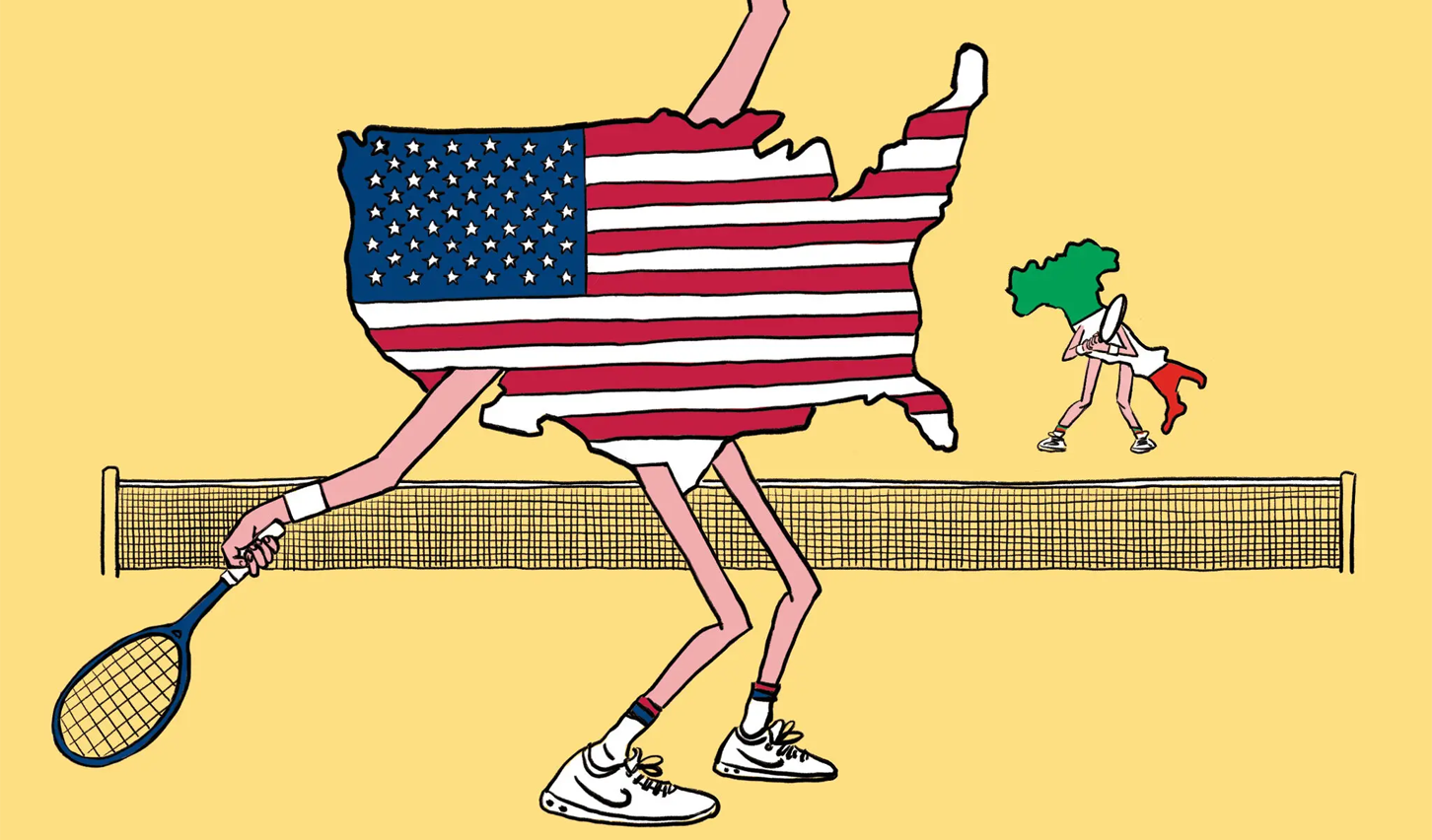Progressives with a global outlook bristle at phrases like “America First.” They see jingoism in boldly stated aspirations for American dominance. In a profoundly unequal world, they argue that U.S. foreign policy should aim to advance the welfare of all people.
Yet those same progressives — myself included — show themselves to be a lot less globalist and much more nationalist over international sports events, such as the Olympics and the World Cup. American spectators want Americans to win, which means defeating foreigners. The same holds true for individual sports, like tennis at the U.S. Open, where first-round play begins on Sunday.
But it’s not difficult to root for your compatriots while also valuing competition from foreign athletes. And that’s a lesson for nationalists who see a zero-sum game: Americans can wish for their nation’s economic success but also support fairness, cooperation and even empathy in relationships with those outside our borders.
To be sure, us-versus-them thinking comes naturally to humans, studies demonstrate. When Red Sox and Yankees fans were shown videos of baseball plays involving their teams, pleasure centers in the brain lit up at home team successes and rivals’ failures, one study showed. Another study of African soccer fans revealed that wins may affect perspectives on how governments allocate their budgets.
The rush of nationalistic rivalry is similar when spectators at the Billie Jean King National Tennis Center in Queens, N.Y., drape themselves in their countries’ flags. They (generally playfully) present themselves as adversaries to players from the host country. U.S. fans, even those who decry America First nationalism, proclaim America first on the court.
This sense of competitiveness propels Americans generally to want national success in fields beyond sports, including scientific research, industry and the arts. Most of us prefer to be on a successful team.
But being on a team, like being part of international tennis, where players’ livelihoods depend on the success of the whole circuit, should also fuel a willingness to contribute in meaningful ways beyond narrow self-interest. National governments may mobilize resources to achieve scientific breakthroughs, as was the case with the rapid development of Covid-19 vaccines by Pfizer and Moderna. That science provided global benefits, even if they were not realized at the same time by all people. At M.I.T., the distinctly American institution where I work, everyone strives to carry out world-class research that will benefit both the country and the world.
Tennis teaches us several lessons in how a global viewpoint can go hand in hand with pursuing national achievement.


